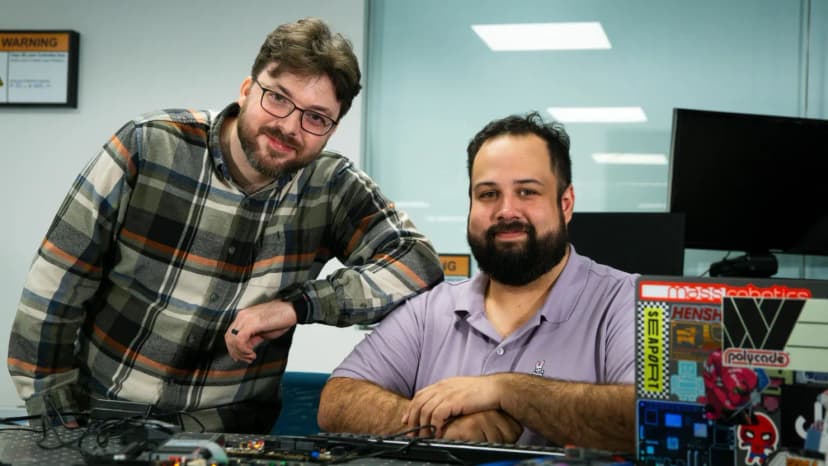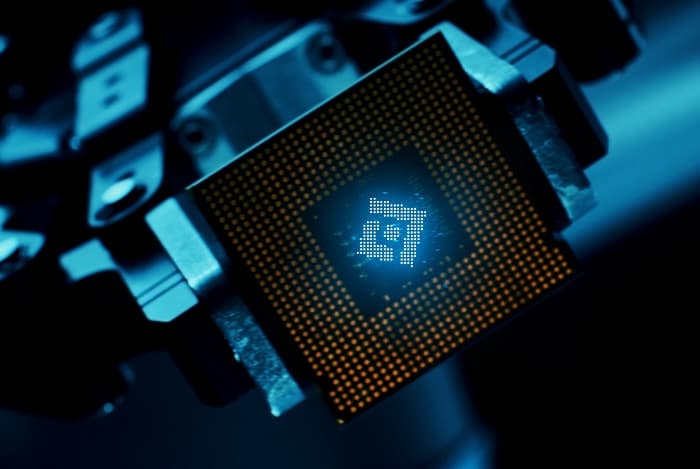About Us
Code Metal is solving real problems with provable AI
Meet the Team
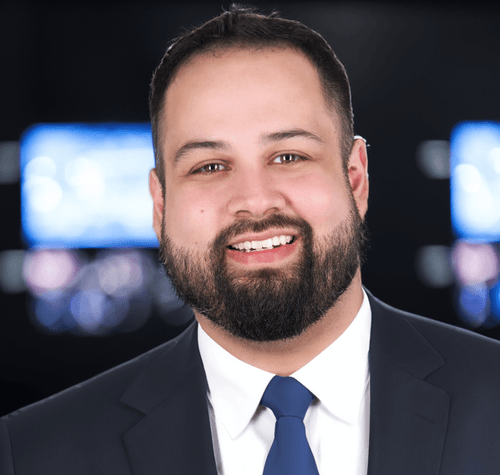
CEO
Peter Morales
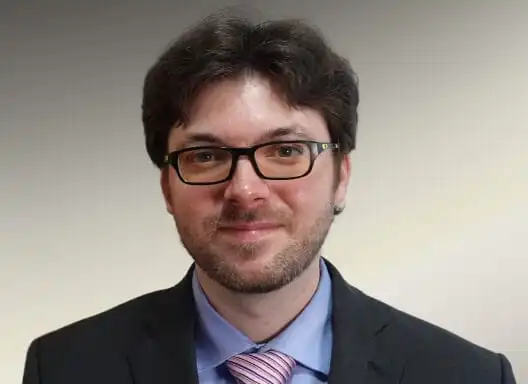
SVP of Technology
Alex Showalter-Bucher
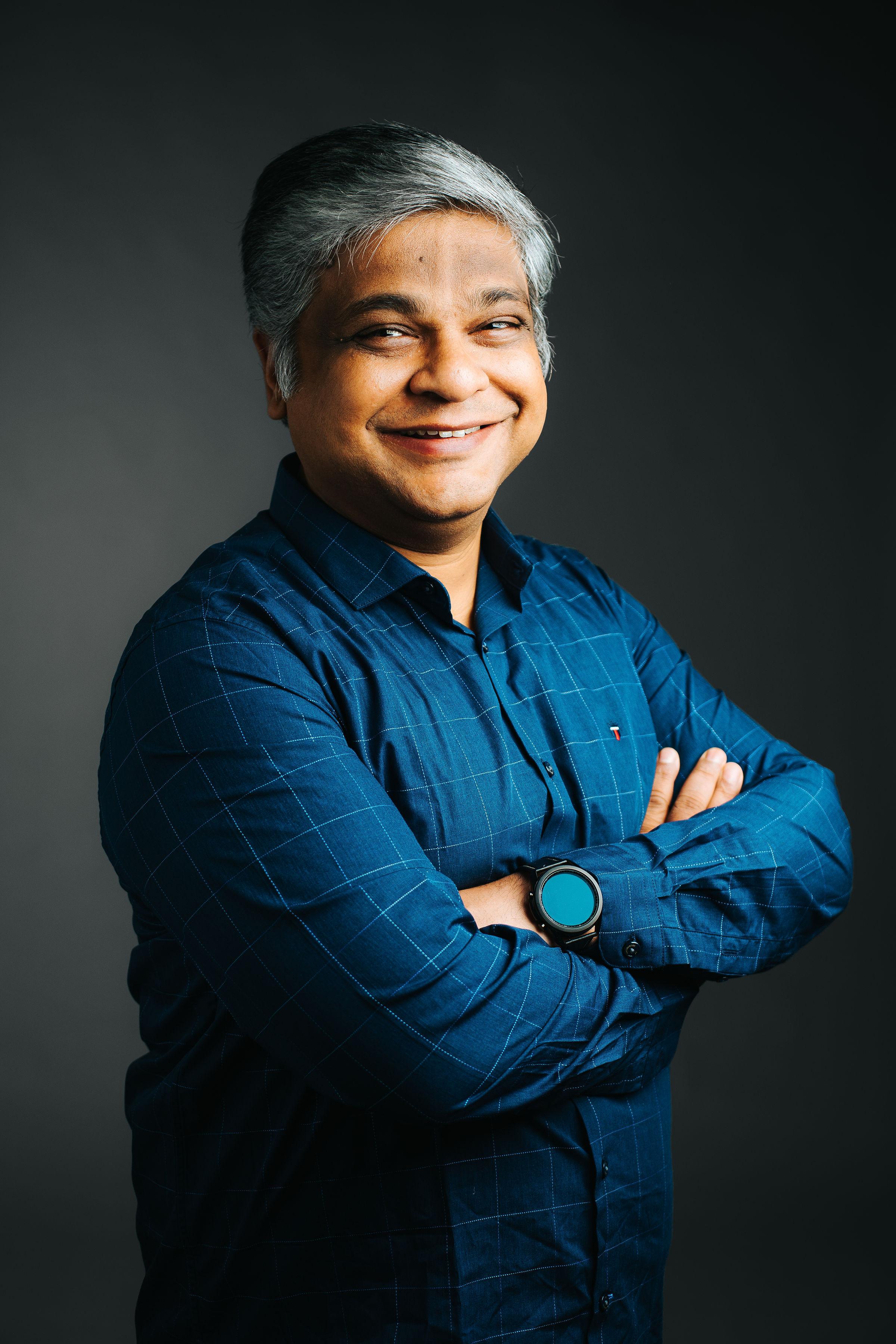
SVP of Engineering and Product
Ayon Basumallik
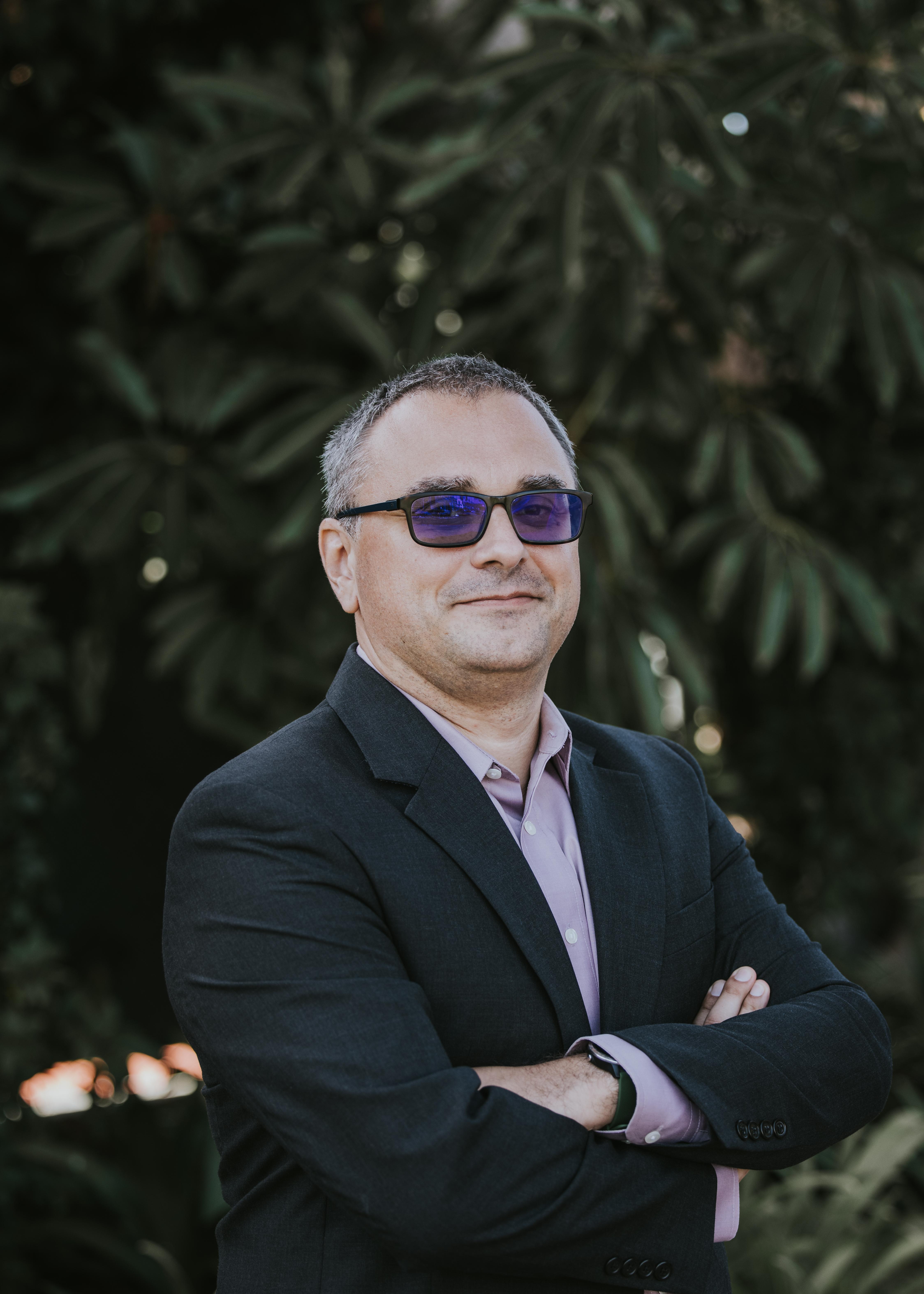
Chief Scientist
Octavian Udrea
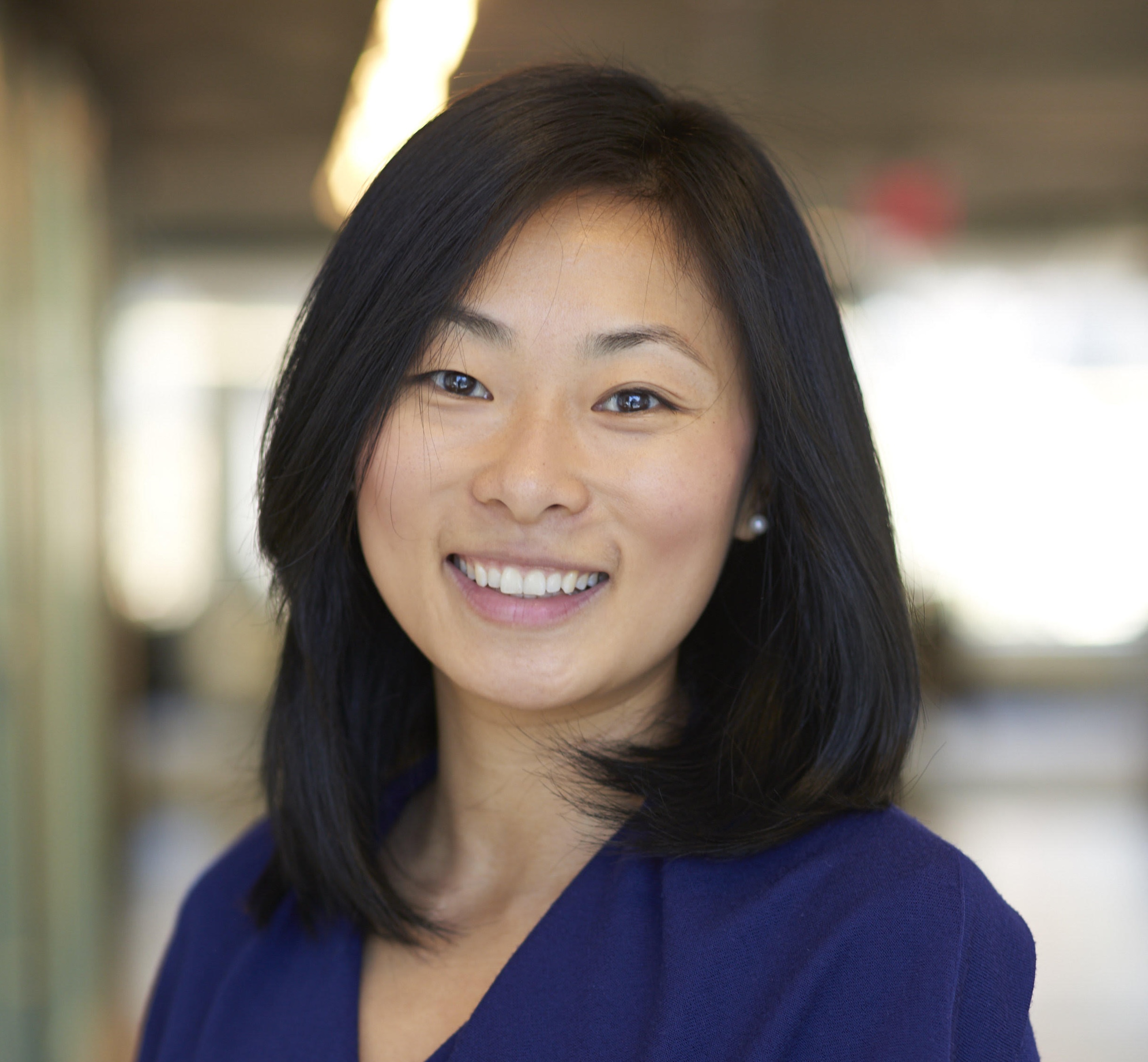
EVP of Growth
Laura Shen
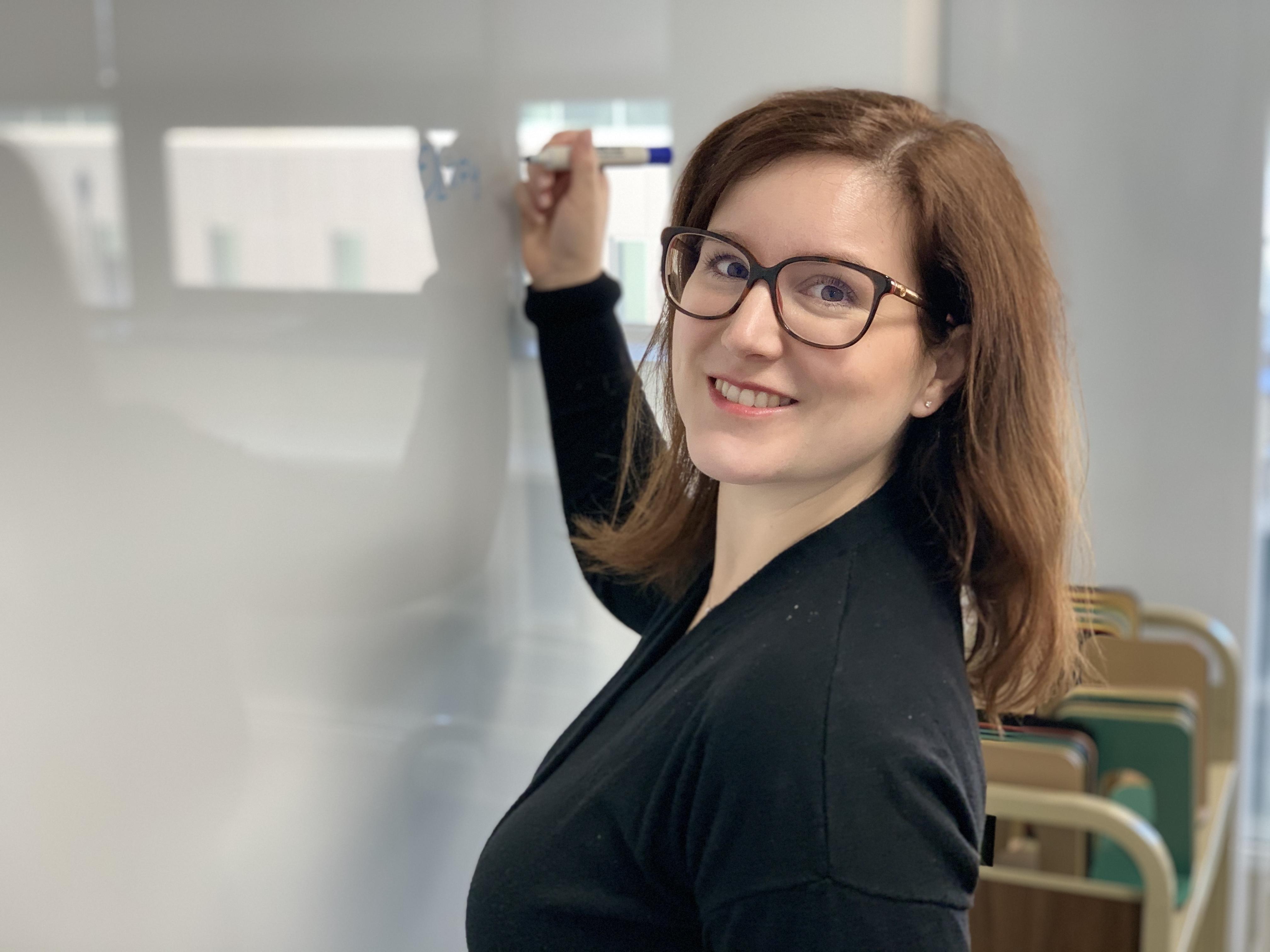
Principal Research Scientist
Laura Titolo
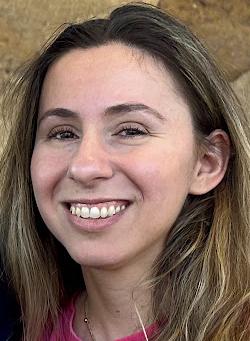
Principal Research Scientist
Ellie Kitanidis
Principal Research Scientist
Niranjan Hasabnis
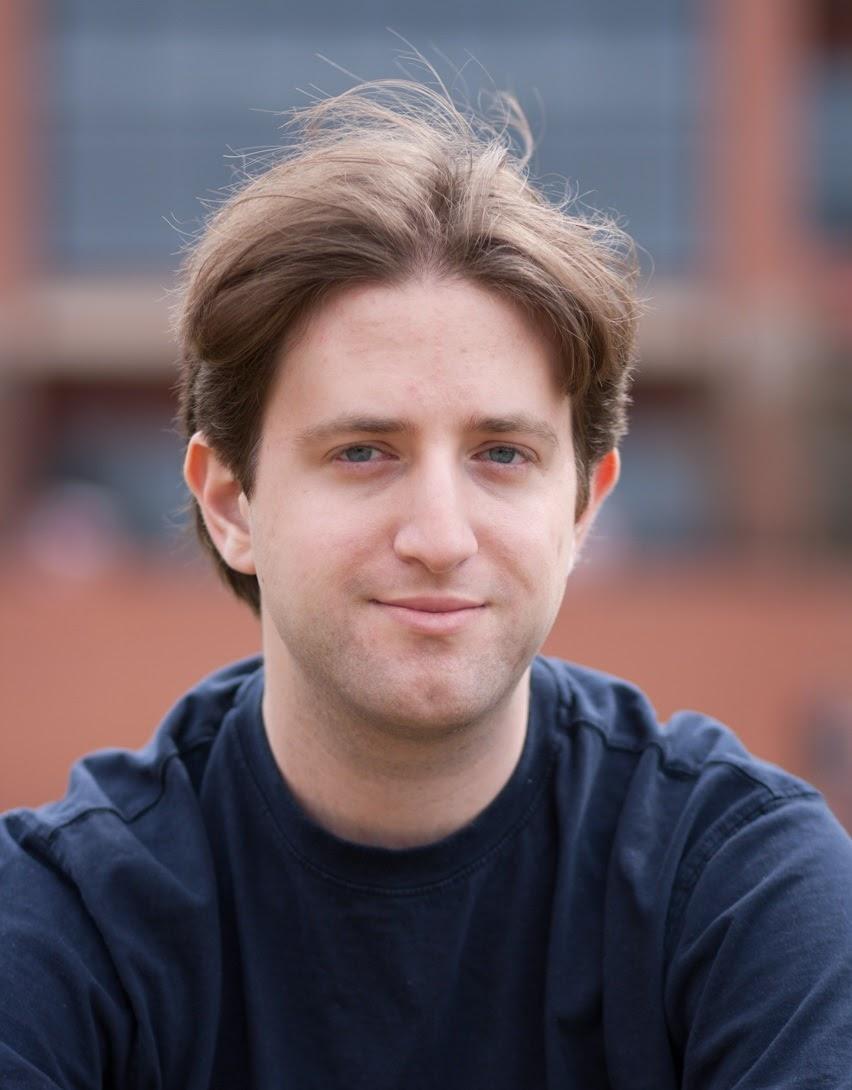
Principal Research Scientist
Samson Melamed

Director of Software Development
Ben Rosenberg

CEO
Peter Morales

SVP of Engineering and Product
Ayon Basumallik

EVP of Growth
Laura Shen

Principal Research Scientist
Ellie Kitanidis

Principal Research Scientist
Samson Melamed

SVP of Technology
Alex Showalter-Bucher

Chief Scientist
Octavian Udrea

Principal Research Scientist
Laura Titolo
Principal Research Scientist
Niranjan Hasabnis

Director of Software Development
Ben Rosenberg
Values
Passion
We love what we do. From Formal Methods to Compiler Design, applying our specialties to help customers is what drives us.
Humility
We respect each other’s strengths and our customers’ expertise and believe we have a lot to learn.
Curiosity
As experts across multiple fields, we ask each other a lot of ‘why’ and ‘how’ and ‘what else’.
Careers at Code Metal
We're building a global team of exceptional builders & thinkers
Get Started
Verifiable Code Translation
